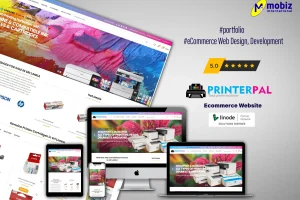Why a website is very important for the success of an event?
A website plays a pivotal role in the success of an event, serving as a digital gateway that connects organizers, attendees, and other stakeholders. It provides a centralized platform to disseminate crucial event information, such as dates, agendas, speakers, and registration details, ensuring that potential attendees have easy access to all the necessary information.
Moreover, a well-designed and user-friendly website enhances the event experience, allowing attendees to navigate schedules, plan their participation, and engage with other participants. It also serves as a powerful marketing tool, enabling event promotion through search engines, social media integration, and online advertising. Additionally, a website can capture valuable attendee data, gather feedback, and facilitate post-event follow-ups, contributing to the long-term success and growth of future events.
In today’s digital age, a well-executed event website is an essential component of event planning and management, providing a vital foundation for a successful and impactful event experience.








